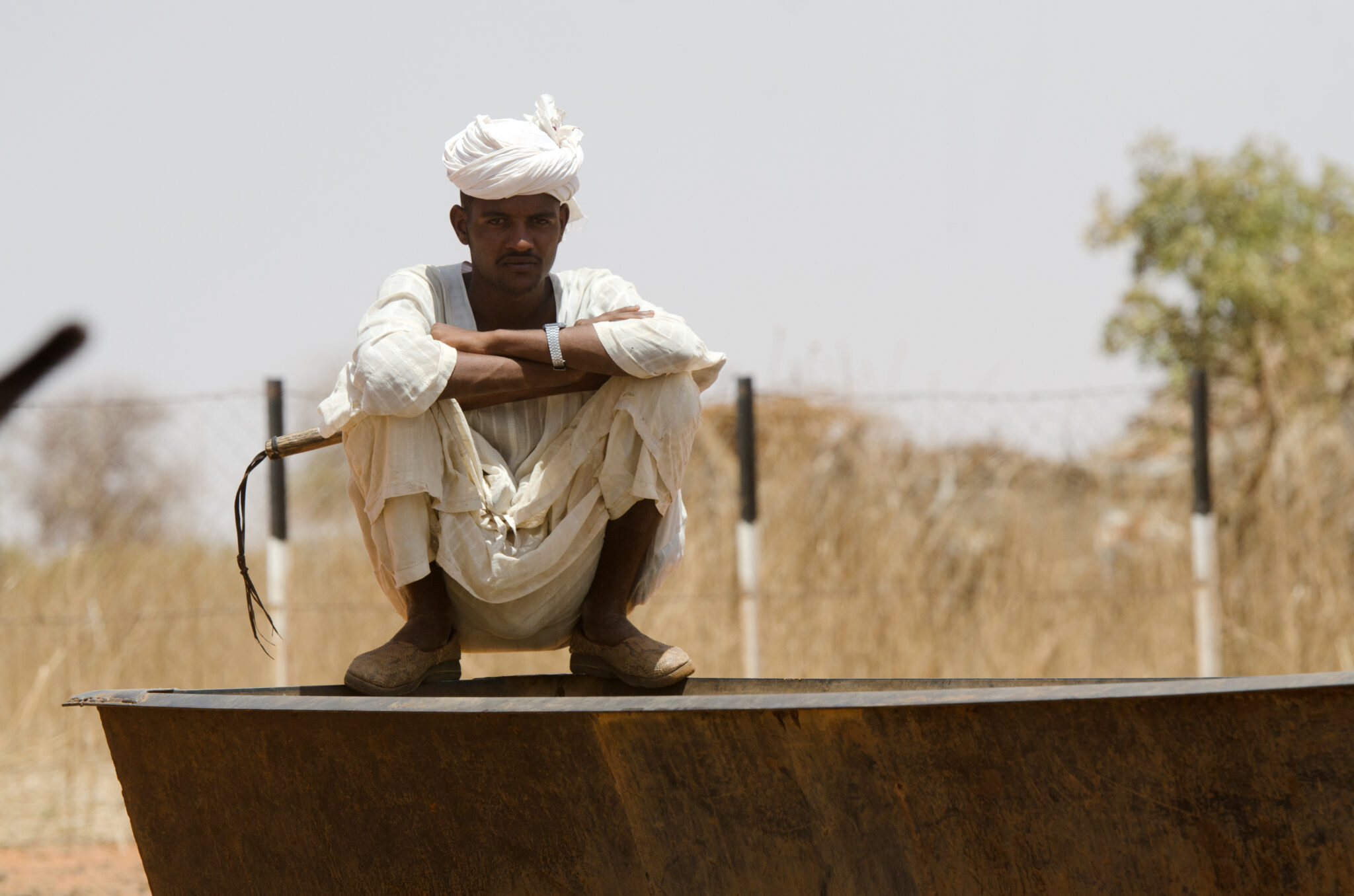The sinking Sudanese Pound
6 May 2024
After a year of war, the national currency is on its death bed, according to economists, having lost 40% of its value during this year alone. There are fears that hyperinflation may soon follow.
Before the outbreak of the war in mid-April last year, the Sudanese Pound was exchanged for around 565 pounds to one dollar, but this rapidly declined with the continuation of the war, local economists told Ayin, along with the cessation of markets and a 52% decline in banking sector activity. According to economist Mohamed Ahmed Ajab, the US dollar may reach the exchange rate of two thousand Sudanese Pounds in just two months unless effective measures are taken to obtain a loan.
“The Sudanese pound cannot be relied upon if it continues its almost daily decline against the US dollar,” says Muhammadd Hashem, a trader in the city of Atbara who imports goods from Egypt. “When I returned with a shipment from Egypt to Sudan, I lost 20% of my investment due to the daily rising exchange rate,” he added. “Some merchants refused to receive goods at the beginning of May for fear of hourly price fluctuations.”

Ahmed Hassan, a resident of Kassala in eastern Sudan, says Sudan’s currency is proving unviable for the most basic purchases. “People have lost the ability to buy their daily needs with our currency. It is no longer enough to pay thousands of pounds for a bottle of oil and a package of wheat flour to make a meal.” Hassan fears that if the Sudanese Pound remains so unreliable, merchants will no longer bring in commercial convoys to sell their goods. By the end of April, the price of a cooking gas cylinder went from 22,000 to 28,000 Sudanese Pounds (roughly $36 to $47), Hassan added, forcing many to resort to firewood for cooking.
More taxes, counterfeit
To contend with rising exchange rates in the black market, the Ministry of Finance and Economic Planning introduced new fees this month on interstate crossings and increased fees for electronic financial applications by a whopping 500 percent. According to political economy researcher Muhammad Kamal, Sudan’s army has no effective solutions with regards to supporting the public sector and is attempting to manage the economic crisis through new taxes. “The new taxes will not save Finance Minister Jibril Ibrahim from compensating for the revenues lost as a result of the war,” Ajab told Ayin. “We lost two-thirds of our total revenue due to this war.”
At the same time, Ajab says some individuals are pumping counterfeit money into the markets to buy hard currencies, exasperating the exchange rate further. He said, “There are counterfeit currencies in heavy circulation in the states under the control of the army, including the Sudanese capital, and they cannot be combated in light of the current circumstances.”

Gold and oil for war
Any revenue from natural resources in the army-controlled areas is used to fund military operations rather than investing in the public sector, Kamal said, exacerbating the economic challenges faced by Sudanese citizens. “The Sudanese authorities in the areas under the army’s control deliberately direct gold revenues to military spending in addition to spending on sovereign institutions—the Sovereignty Council, the Council of Ministers, and the Army Command Authority,” he said. Some hope emerged for Sudan’s acting military government after the global price for gold increased this year, prompting the State Mineral Company to claim the state will obtain $2 billion in gold revenue by the end of the year —an amount local economists believe is unlikely.
At the end of last week, Sudanese officials presented oil blocks and potential gas fields to a forum in Qatar and Saudi Arabia in a bid to obtain foreign revenue. “All these moves are to save the economy, which is on the verge of complete collapse, but Qatar and Saudi Arabia require stopping the war prior to investment,” Ajab said.


